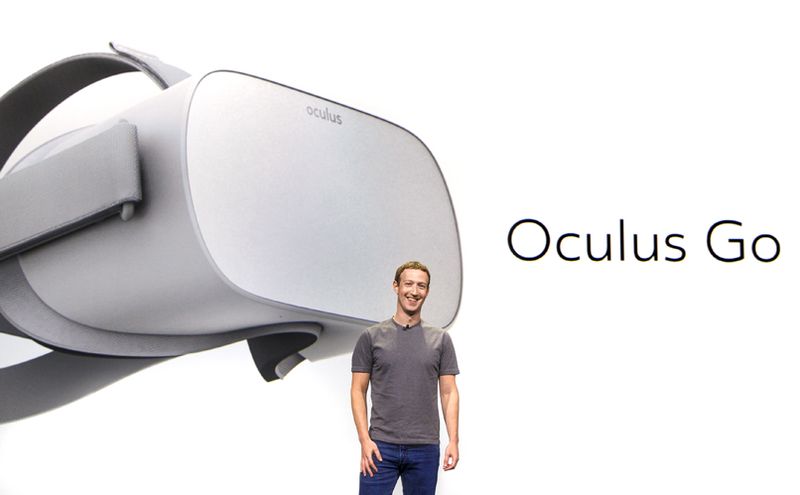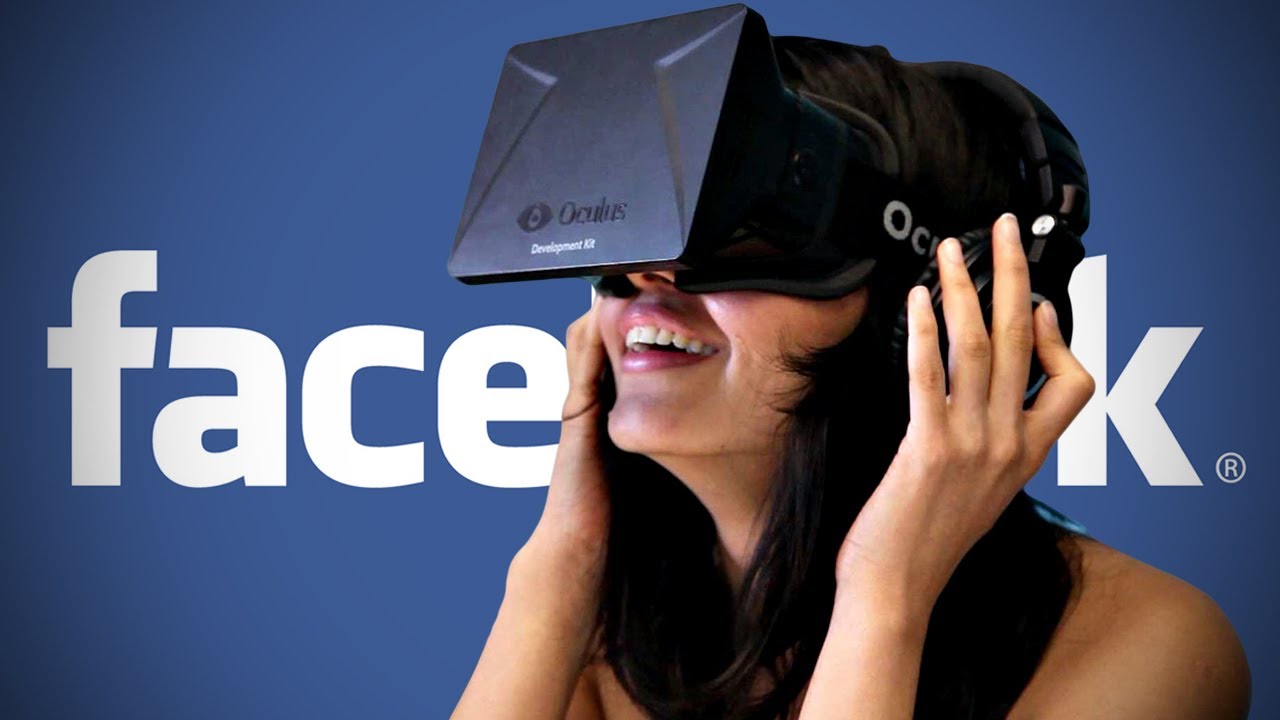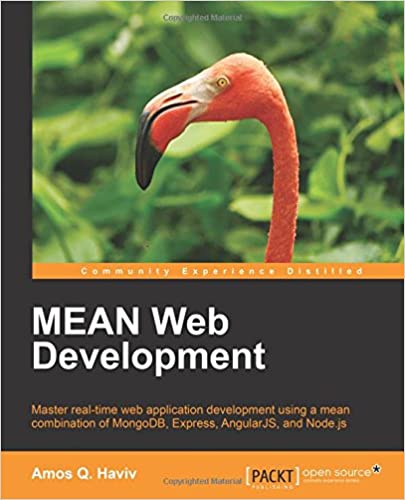; Date: Fri Nov 10 2017
Tags: Facebook »»»» Social Media »»»»
Facebook is a global phenomena, connecting billions of people around the planet. Supposedly it is creating lots of social good by being the interconnection medium for folks from anywhere to talk with folks anywhere else. Facebook did not birth itself whole into the form it is currently. Instead, Facebook was crafted by its leadership, especially its early leadership. Famously it was started by Mark Zuckerberg as something for the Harvard University campus. According to Sean Parker, who was the Facebook President during its early days, it was Parker's vision that put Facebook on the path of becoming the global behemoth it is today. And Sean Parker is deeply sorry, claiming that maybe he has destroyed humanity.

His comments came during an interview with Axios. The event was ostensibly so Parker could talk about his latest project, the Parker Institute for Cancer Immunotherapy. However, he found time to talk about his time at Facebook, and critically how it is that Facebook became a global powerhouse of a social network.
Sean Parker had been Facebook's President for a few years in its early days. He was fired by the company after a
Cocaine arrest in North Carolina. It meant he'd been with the company long enough to have a 4% stake in Facebook's stock, making him a multi-Billionaire. Since leaving Facebook, Parker has had a series of projects including starting Napster.
What Facebook does, according to Parker, is to exploit vulnerabilities in human psychology.
Any business must be constantly expanding its customer base. For a social media network to expand, it must take up more and more of the attention span of the network users. In other words, "we" the users of those networks must be coerced into spending more of our time hooked into the social network.
Successful social media networks present things making us WANT to spend more time on the social network. As Parker said it, social media networks have to "sort of give you a little dopamine hit every once in a while" so that it's "going to get you to contribute more content, and that's going to get you ... more likes and comments." The goal is to "a social-validation feedback loop ... exactly the kind of thing that a hacker like myself would come up with, because you're exploiting a vulnerability in human psychology."
The process isn't unique to Facebook, any successful social media network will have mastered the same thing. "The thought process that went into building these applications, Facebook being the first of them, ... was all about: 'How do we consume as much of your time and conscious attention as possible?'"
Okay, Sean, you got Facebook to understand that it must understand human psychology in order to create a feedback loop causing your customers to keep returning to Facebook. It's clear how this was good for Facebook's business, because return customer visits are an important metric for any business. But, you said this is going to destroy humanity. How?
Parker talked about "the unintended consequences of a network when it grows to a billion or 2 billion people and ... it literally changes your relationship with society, with each other ... It probably interferes with productivity in weird ways. God only knows what it's doing to our children's brains."
Ah.... Facebook (and other social media networks) are intertwining themselves into the fabric of society. And that is changing how members of society interact with each other.
Consider this thing that Facebook is spending megabucks developing:


Facebook, and other companies, are working hard on developing Virtual Reality headsets. That "working hard" means investing megabucks into R&D of this technology. Why? And what will the effect on society be?
Virtual reality gear has already had a large positive benefit. I've talked with engineers at automotive companies who use virtual reality headsets to aid in car design. They can more quickly design higher quality products, via using all kinds of 3D computer-aided-design technologies, some of which happens to be virtual reality gear.
In the hands of a social network? The likely thing for a social network to use virtual reality is some kind of interactive chat experience, or 3D games, or whatnot. The ultimate purpose would, as Sean Parker explained, be to capture more of our attention, and to be even more attractive to us than our real lives in the actual world around us.
A device like this literally interposes itself into the reality we see. Instead of seeing the real world around us, we see a virtual world created by Facebook or whatever other network we connect ourselves to.
What could go wrong?
Links:
https://www.axios.com/sean-parker-unloads-on-facebook-2508036343.html
https://www.axios.com/sean-parker-facebook-exploits-a-vulnerability-in-humans-2507917325.html











